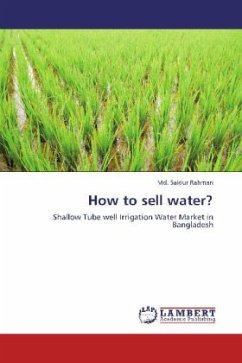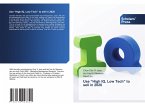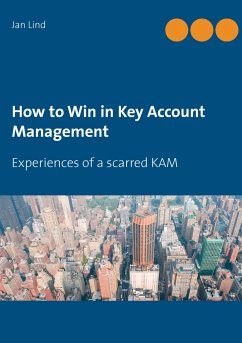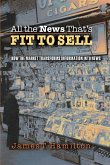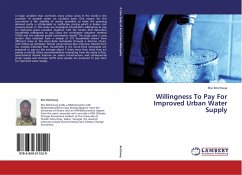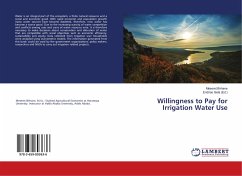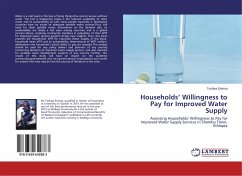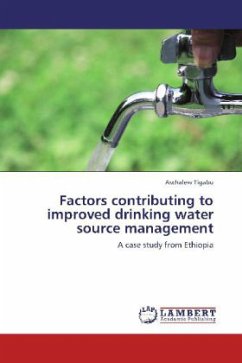This piece of research attempts to answer two questions: Why have different payment systems for high yielding variety of Boro paddy irrigation emerged in Bangladesh? Why do some farmers apply water saving technology (WST)? Thirty shallow tubewell (STW) owner farmers and 180 user farmers were selected from two areas in Bangladesh. The results show that users in the poor, less access in credit and high-risk area prefer crop share. The average pay for irrigation is higher in the crop share system, thus the water selling business is more profitable in crop share. The WST is used more in the cash payment system. The probit model s results also show that the adoption of this technology increases with an increase in the number of users, owners education, cash payment system, farm size and households income which is logical. Likewise STW income, area under STW, involvement of other occupation except agriculture and irrigated area of own farm exert a negative effect on use of WST. There is no universally optimal payment system because systems develop and change due to mainly economic circumstances, in addition to long run localized social factors which should not to be ignored.

